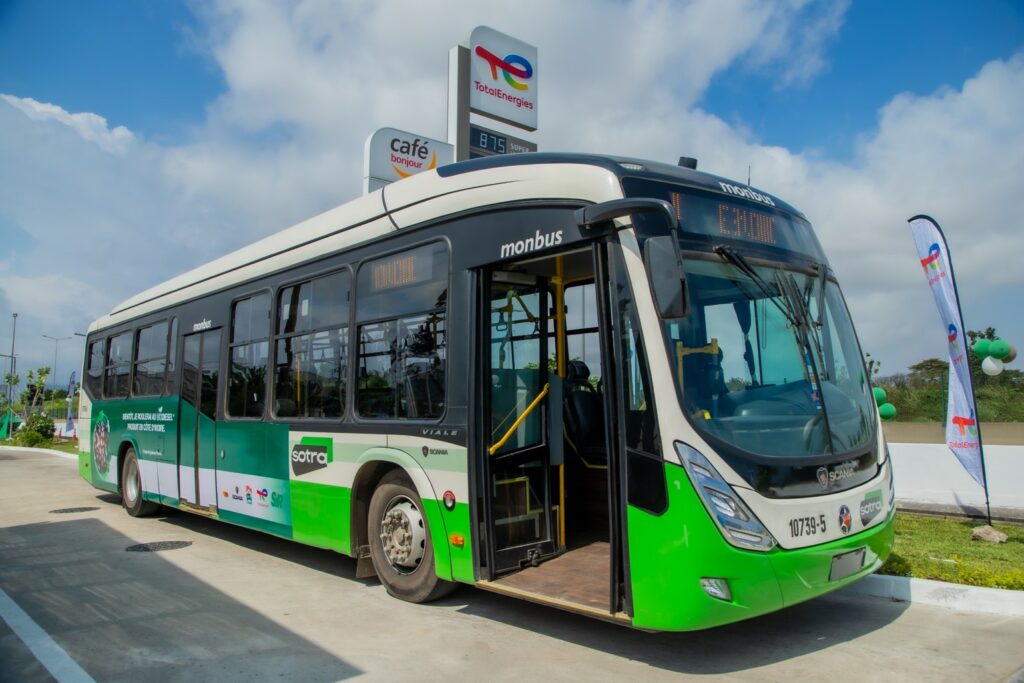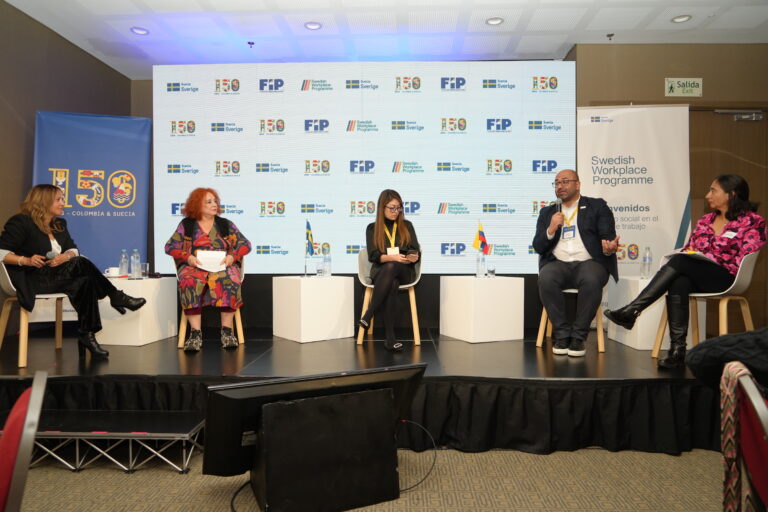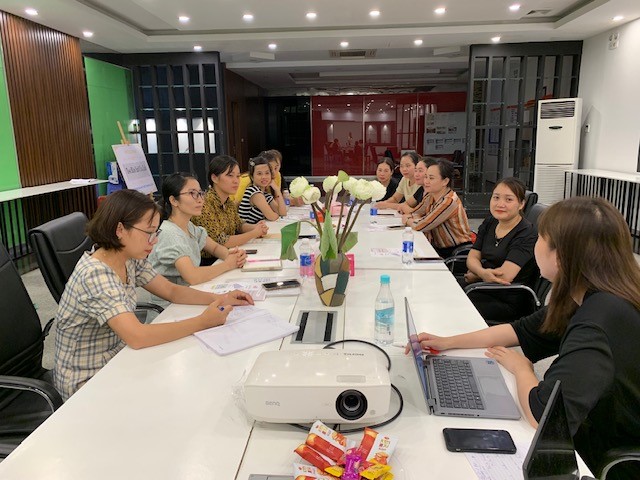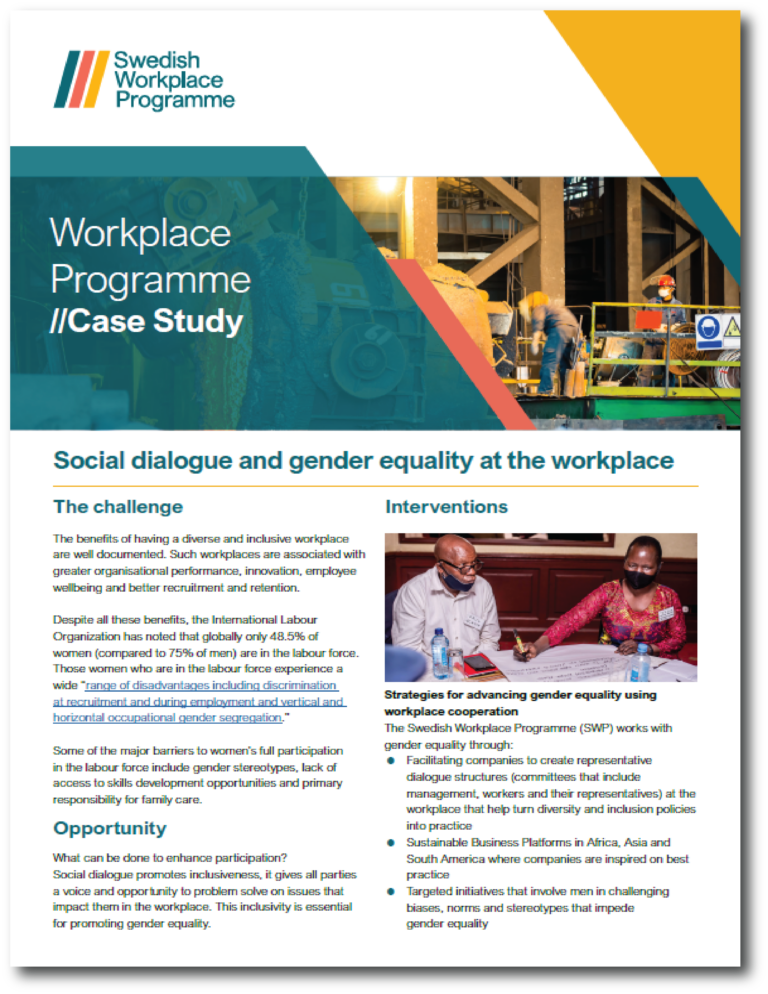Côte d’Ivoire
Sector
Public Transportation
Partner
Minstries, Team Sweden , Scania
Status
Active

By the end of 2024 a Bioenergy Code was adopted by Côte d’Ivoire’s Government and Parliament. It is the first bioenergy policy in Africa that only allows biofuels created from waste, in order to protect from deforestation. The Bioenergy Code includes financial incentives and price structuring measures to make biofuels competitive compared to fossil fuels.It has a clear focus on creating local jobs and rural development.
The introduction of the Bioenergy Code is expected to promote investments in local sustainable biofuels that will support the shift of Abidjan’s Scania bus fleet to sustainably biofueled buses and lower green-house gas emissions.
By mobilizing, training and aligning staff across ministries and supporting a collaborative research and drafting process, NIR and IVL facilitated the creation of a national Bioenergy Code
The road to developing the code
To support Abidjan’s investment plans, NIR partnered with the Directorate for Hydrocarbons at the Ministry of Energy in 2021 to develop a robust policy framework that can enable investments in sustainable biofuels in Côte d’Ivoire. A range of stakeholders across the Ministry of Energy, Ministry of Environment, Ministry of Finance, Ministry of Agriculture and Rural Development, Ministry of Animals and Fisheries, the National Agency for Support to Rural Development, the Customs Agency, the Public Transport Authority of Abidjan, and the public Ivorian Refining Company (Société Ivoirienne de Raffinage) were engaged by NIR and the expert consultant IVL the Swedish Environmental Institute, to co-create a policy framework. The goal was to ensure an inclusive policy framework for local biofuel production that can serve as vehicle fuel, improve waste management, prevent deforestation and environmental risks, and support rural development and job creation.
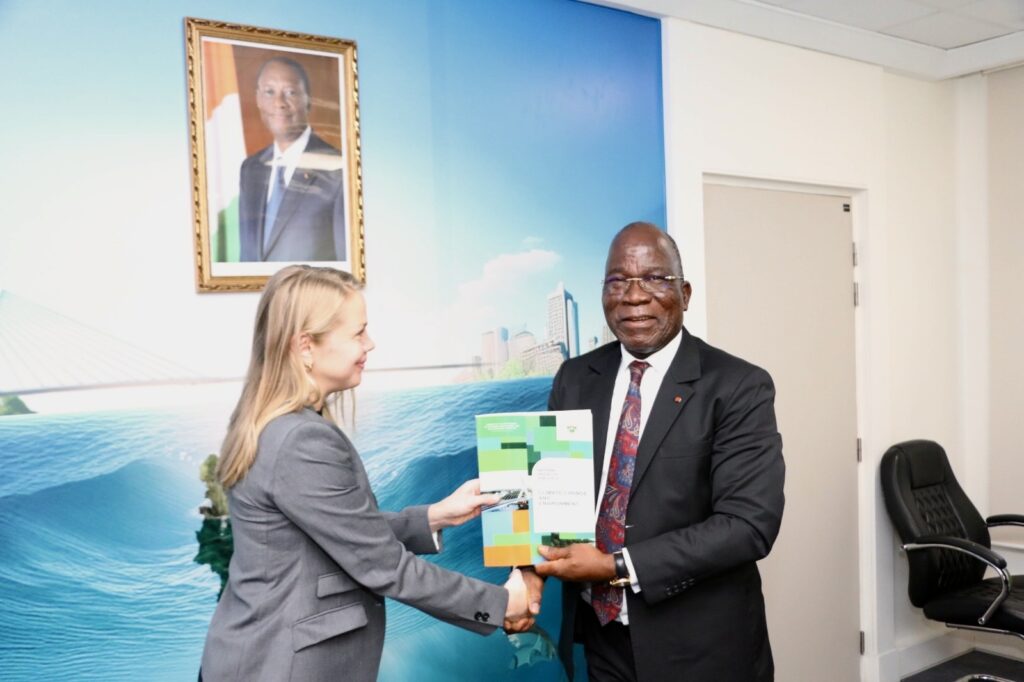
Konan Jacques Assahore, Minister for Environment, Sustainable Development and Ecological Transition and SIA Program Director Annie Ross in Abidjan October 2024
The city of Abidjan and NIR’s member Scania are partnering to transform Abidjan’s public transport system. The city’s bus fleet is now being upgraded, sustainable biofuels are introduced to lower emissions, and a new BRT corridor is to be constructed to improve access to efficient and safe public transport for the city’s citizens.
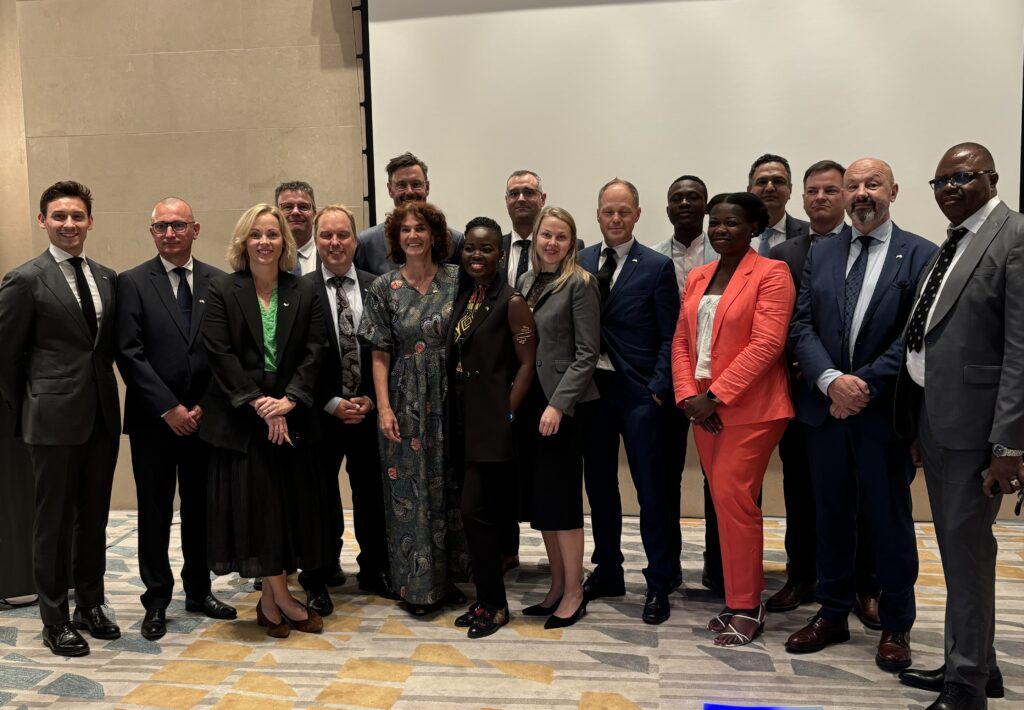
Team Sweden in action in Abidjan, October 2024. NIR works in close partnership with the Swedish Embassy, Sida, Swedfund International, Business Sweden, EKN, SEK and our member company Scania to enable a sustainable transport system in Abidjan, Côte d’Ivoire.
